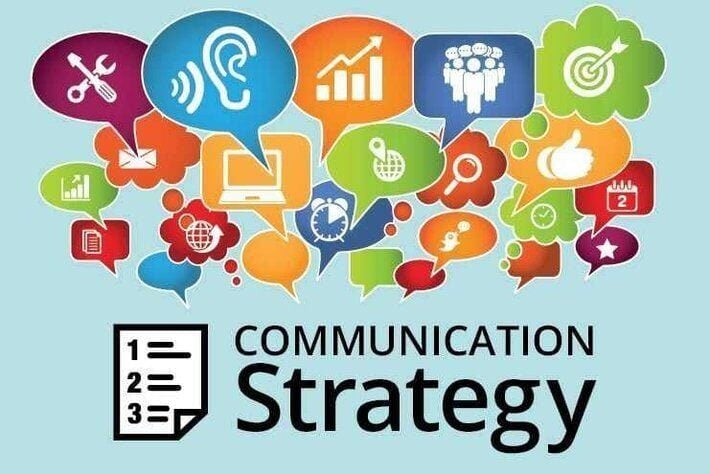Communication Strategies

Learning goals:
Students will understand the crucial role of communication in negotiation and develop effective communication strategies for various negotiation scenarios.
Resources: https://docs.google.com/presentation/d/1jfjb7jzLA-iuhSxJ8Rcrq4WIGUo5GGrMLIiyHJ9mBS8/edit?usp=sharing
Learning activities:
Communication Strategies in Negotiation (40 minutes):
Presentation on Communication Strategies: Provide a presentation on key communication strategies in negotiation.
Highlight active listening, clarity, empathy, and assertiveness.
Discuss how non-verbal cues, body language, and tone contribute to effective communication.
Role-Playing Exercise: Divide the class into pairs or small groups for a role-playing exercise.
Assign negotiation scenarios with a focus on communication challenges.
Encourage students to apply the communication strategies discussed.
Debrief and Reflection (20 minutes):
Group Debrief: After the role-playing exercise, facilitate a group debrief.
Ask students to share their experiences, challenges, and insights.
Discuss how effective communication strategies influenced the negotiation process.
Individual Reflection: Assign a brief individual reflection on how students can apply effective communication in their personal and professional negotiations.
Application and Homework (10 minutes):
Real-World Application: Discuss real-world examples where effective communication played a pivotal role in negotiations (e.g., historical events, business negotiations).
Relate these examples to the communication strategies discussed in class.
Homework Assignment: Provide an assignment where students research and analyze a negotiation case study, focusing specifically on communication dynamics. Ask them to identify the communication strategies employed and their impact on the negotiation outcomes.
Conclusion and Next Steps (5 minutes):
Closing Remarks: Summarize key takeaways from the lesson
Adaptaciones curriculares:
No need.
